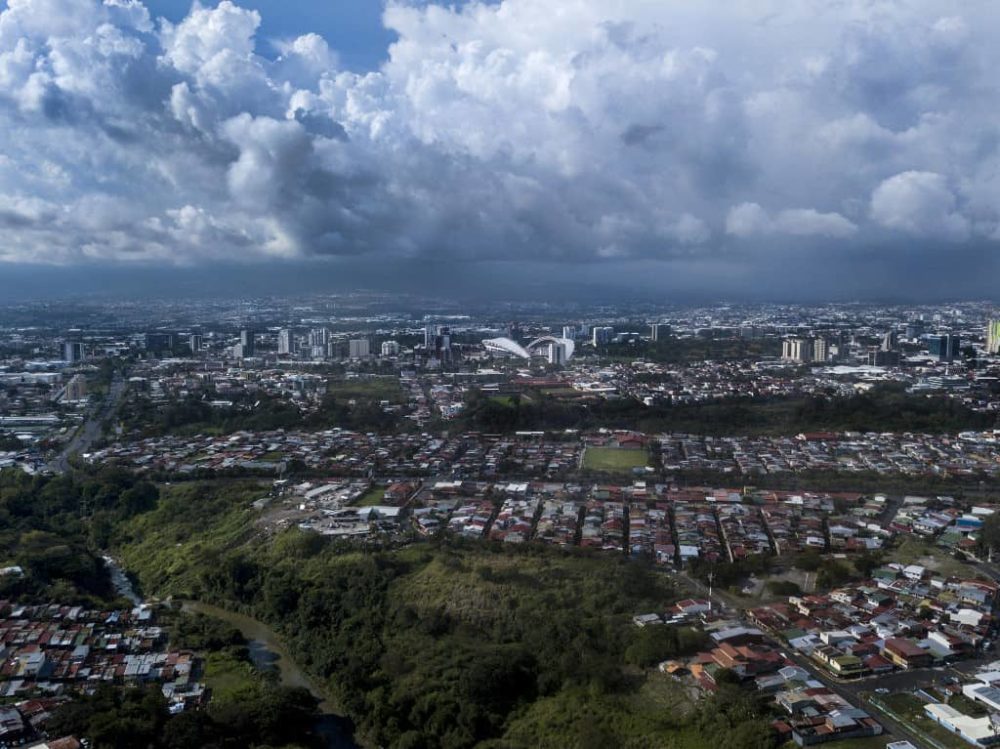One in three children under 18 years of age in Costa Rica lives in poverty, UNICEF said Thursday, as the Day of Children and Adolescents was celebrated in the Central American country.
“The girls, boys, adolescents and young people have been making an urgent call to us for help. The effects of the pandemic, the digital divide and the economic crisis affect the present and future of this population,” said Patricia Portela de Souza, representative of UNICEF Costa Rica.
According to the entity, which was based on the National Household Survey, the data indicate that 448,000 minors (32% of the country’s 1.4 million) in Costa Rica grow up being part of poor households. The figure will only continue to rise in the coming months, pushed by the limitations in education and unemployment caused by the Covid-19 pandemic.
“We must address the impact that this situation has and will have on educational exclusion and on the social and economic development of the country,” said UNICEF, the United Nations Children’s Fund.
These variables “could be a problematic condition that these generations carry during their future insertion into the labor market,” the entity stressed.
According to official data from the Ministry of Public Education (MEP), in 2020, of the 1.2 million students enrolled in the primary and secondary education system, 63% presented digital access problems, which generated serious difficulties and lag in their learning. The phenomenon was classified by UNICEF as an “educational blackout”.
Meanwhile, the National Institute of Statistics and Censuses (INEC) indicated the general unemployment rate (which includes workers over 15 years of age) was 18.1%, which corresponds to six percentage points less than the second quarter of 2020 (24%), but still six percentage points more than before the arrival of SARS-CoV-2 in March of that same year (12.5%).
To counteract some of these effects, Costa Rica has decided to keep face-to-face classes active in 2021 and has promoted economic reactivation despite the progressive increases in Covid-19 cases.
Thursday, President Carlos Alvarado received a proposal from a group of young people with recommendations to national authorities and institutions to create comprehensive development strategies for this population and their communities.
“(Young people) have the duty to raise their voices, their future and that of all Costa Ricans needs it. The changes that the country needs cannot wait,” Alvarado said.
The document was created by young people from across Costa Rica who participated in a series of workshops where they shared their realities and problems, according to Casa Presidencial.
The featured photo shows an aerial view of San José, Costa Rica, taken on May 23, 2020 at the beginning of the coronavirus pandemic.

